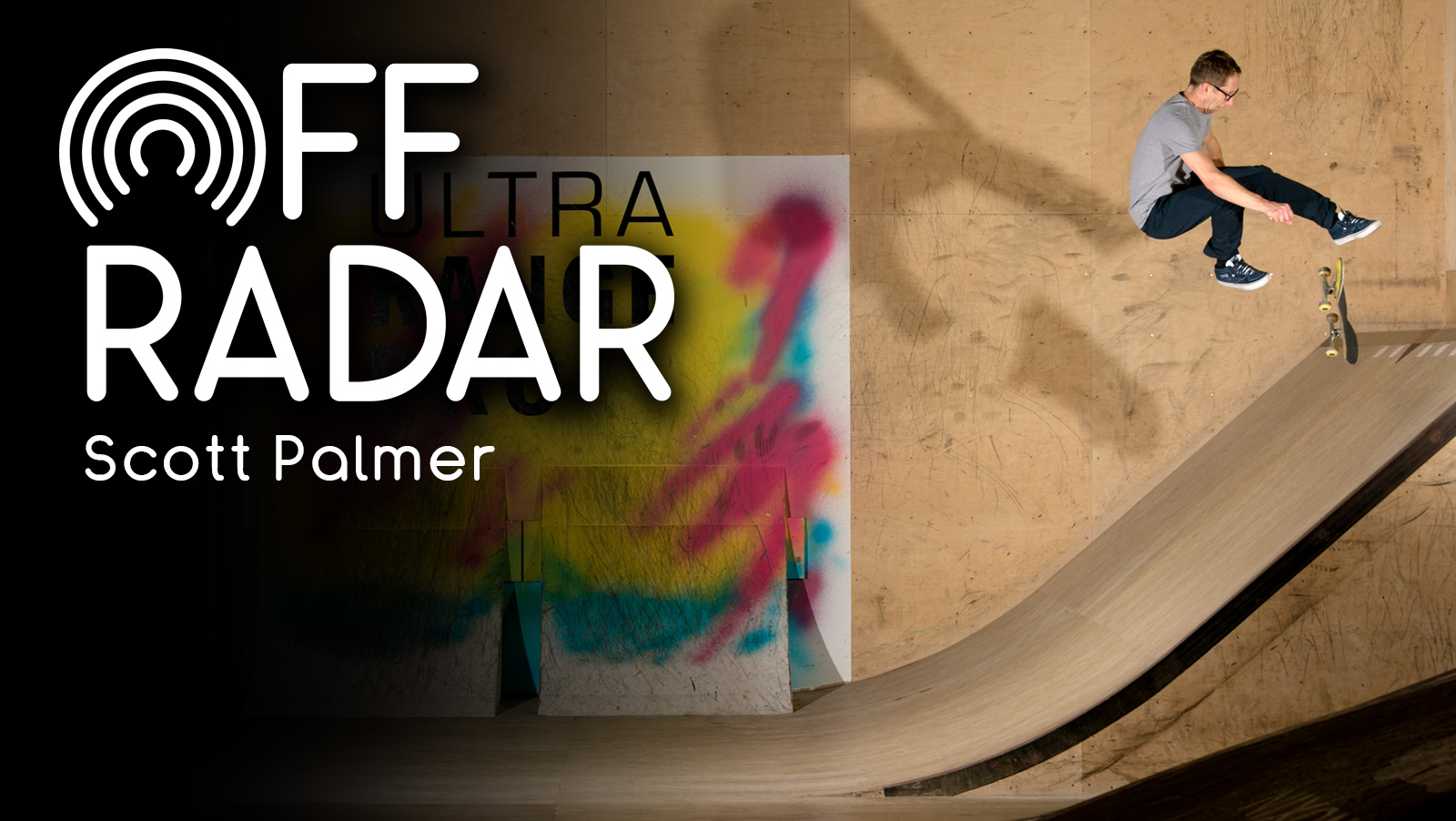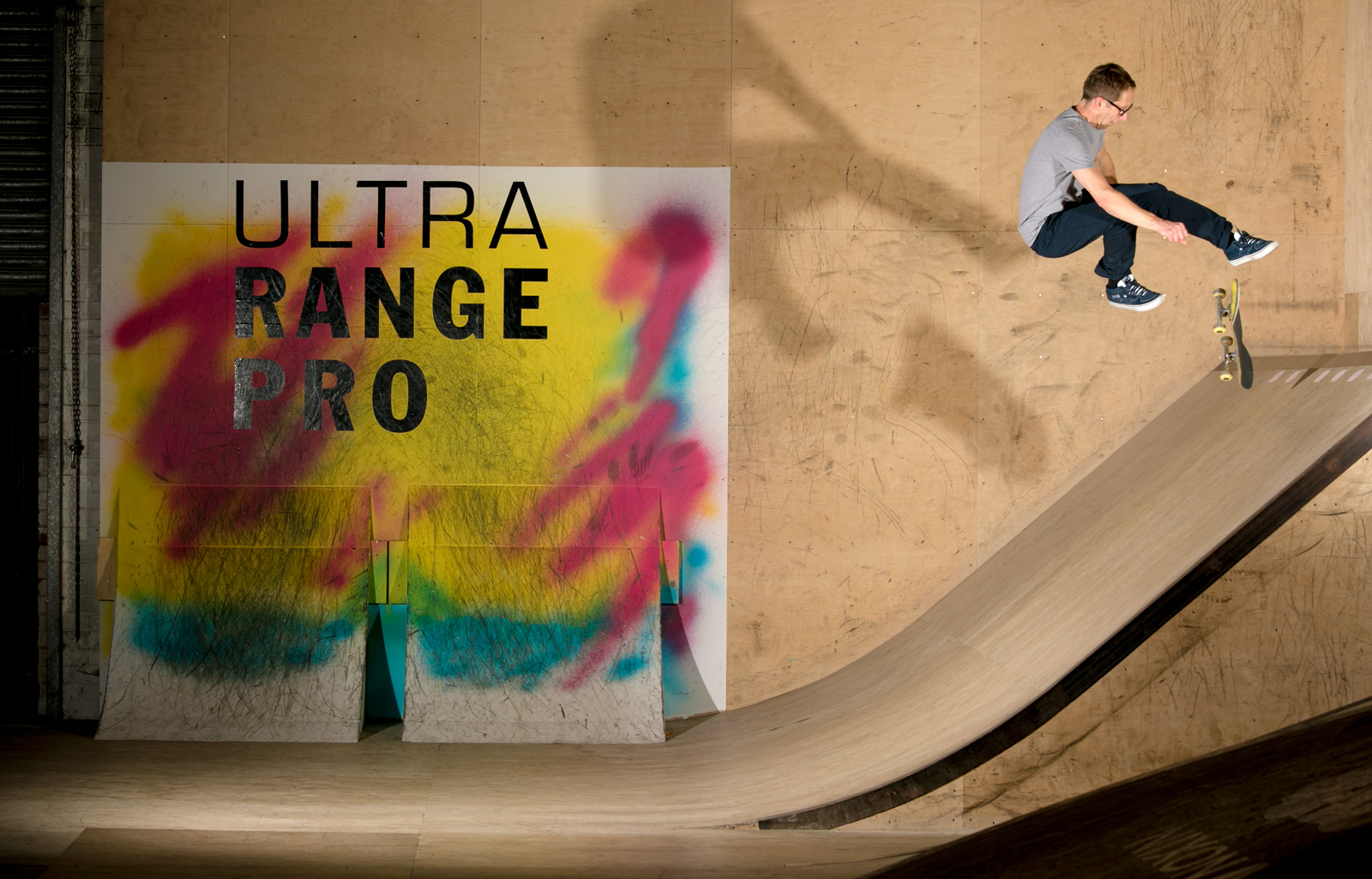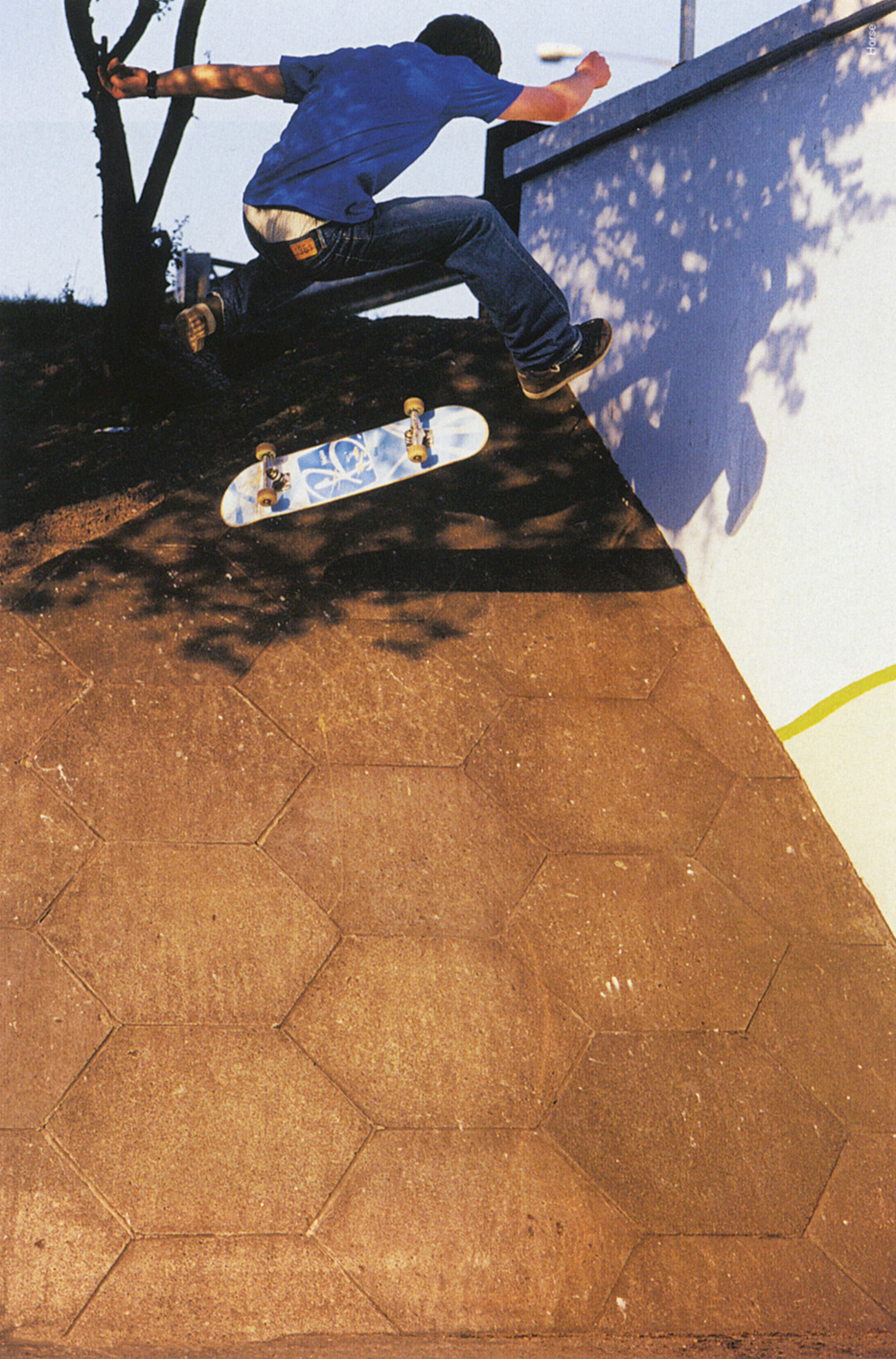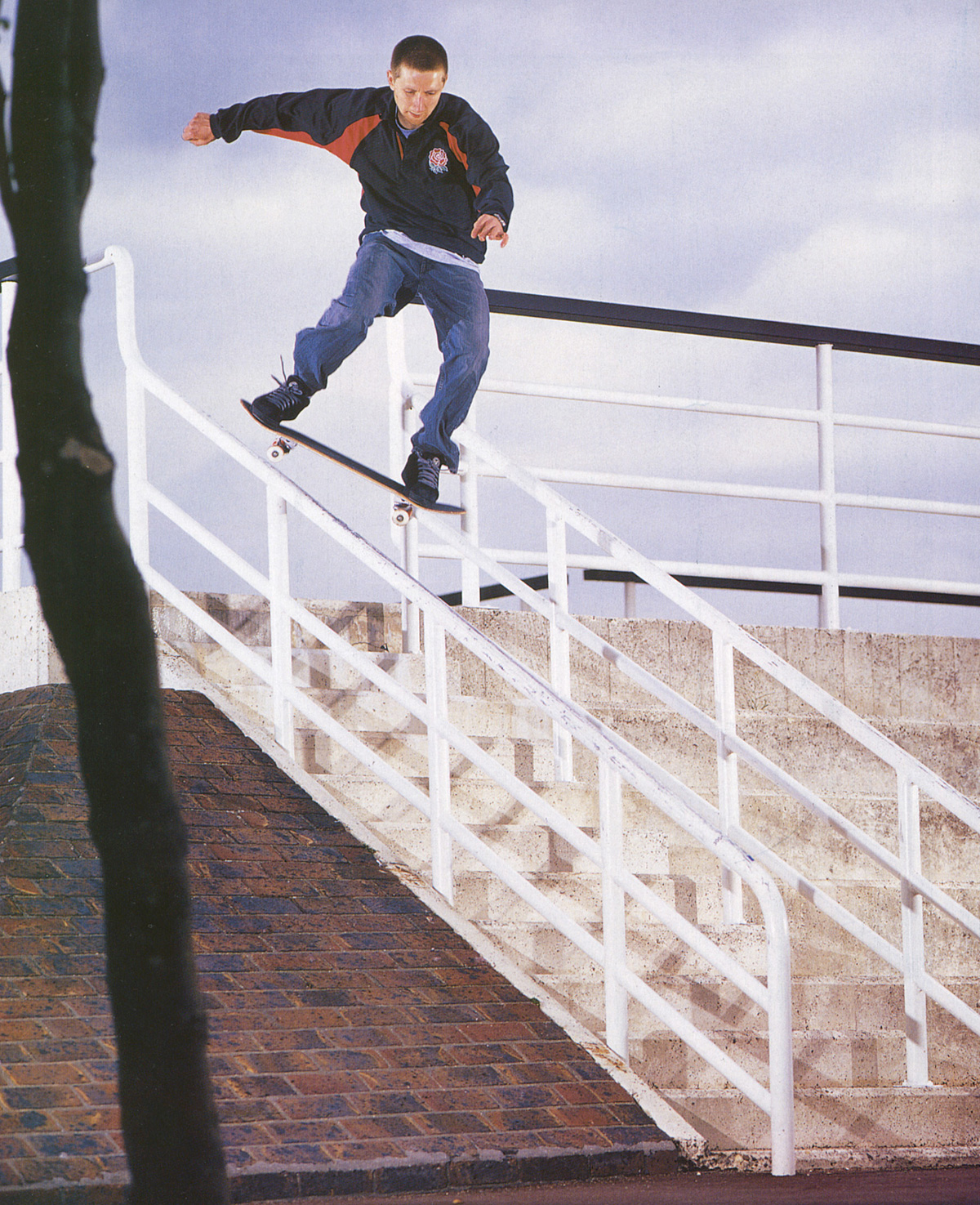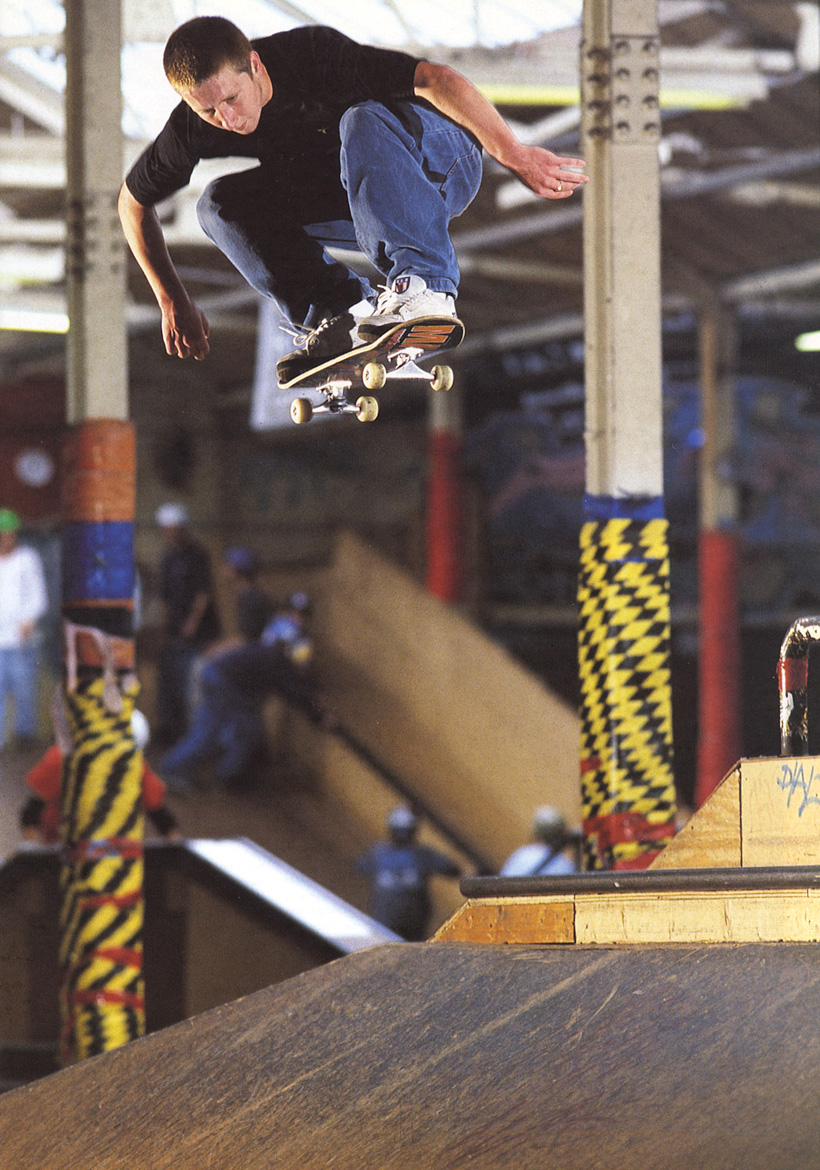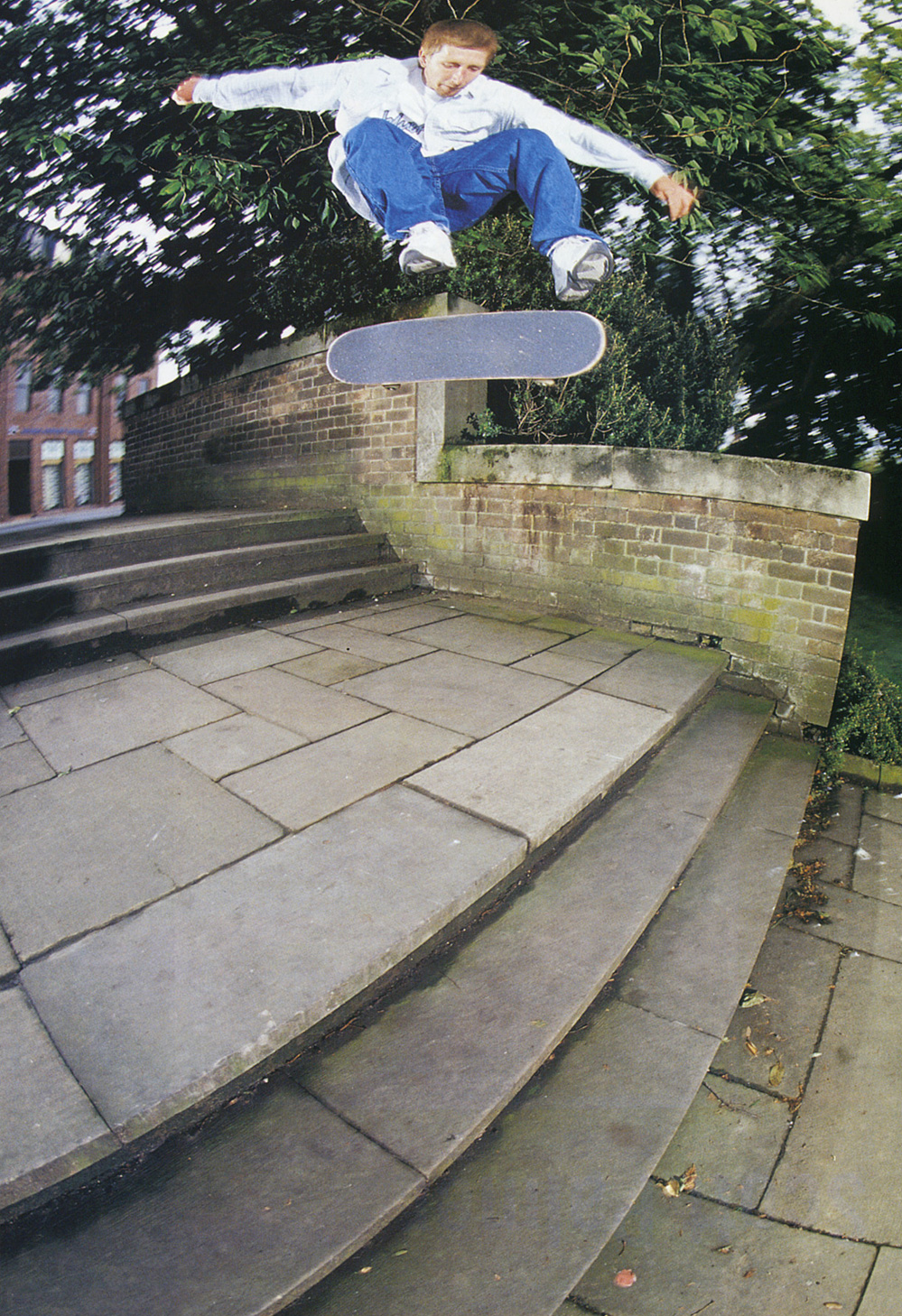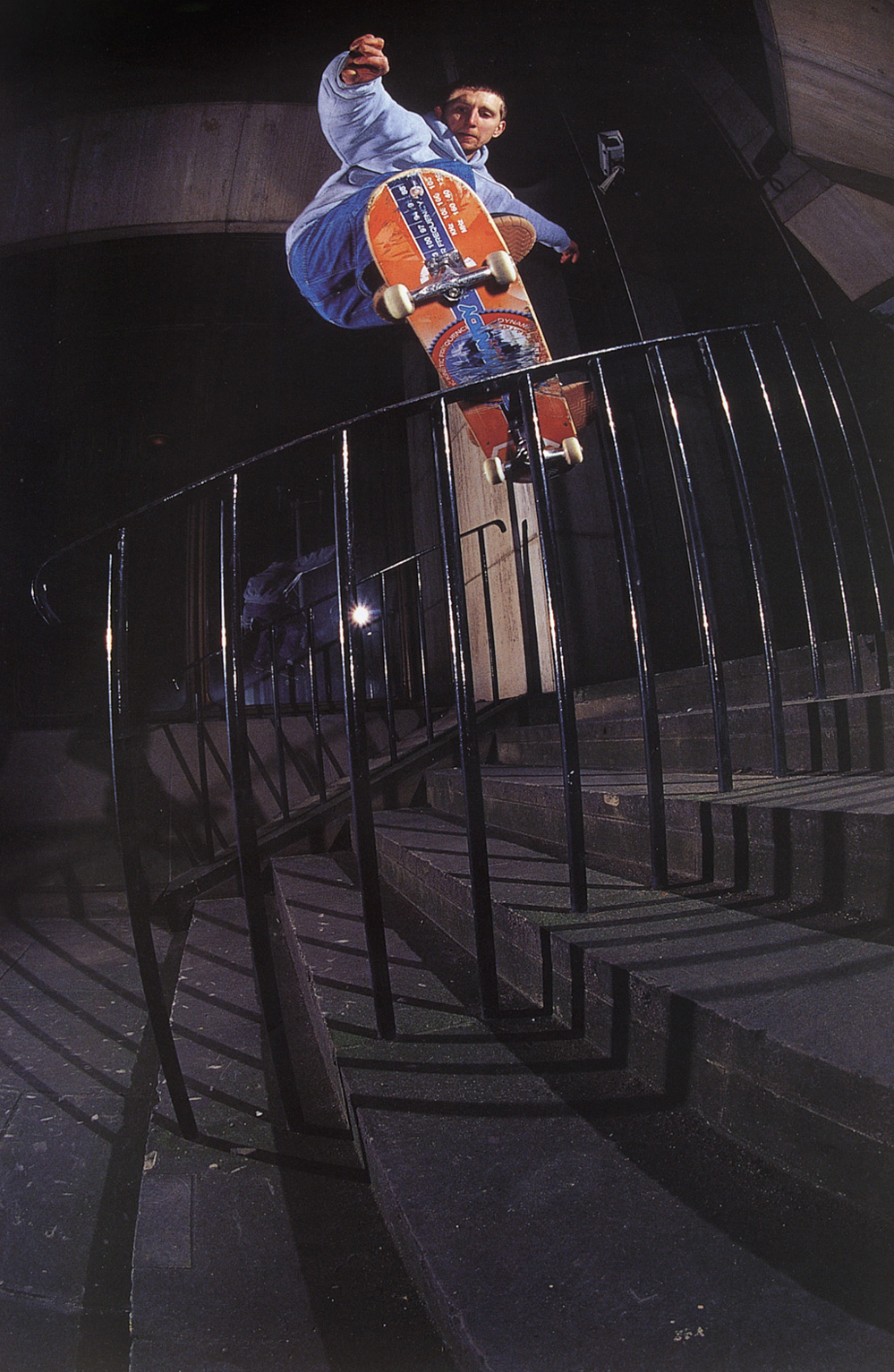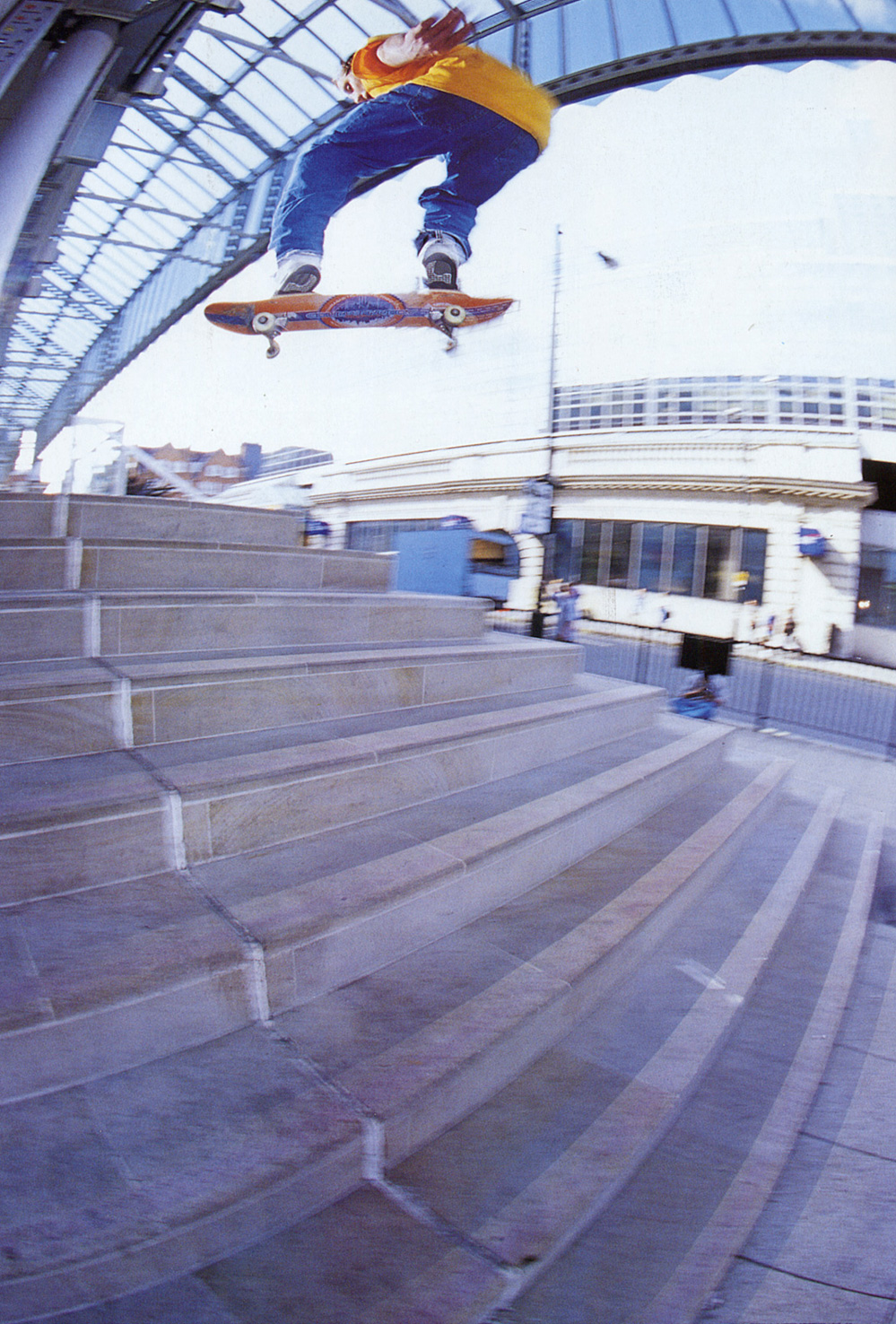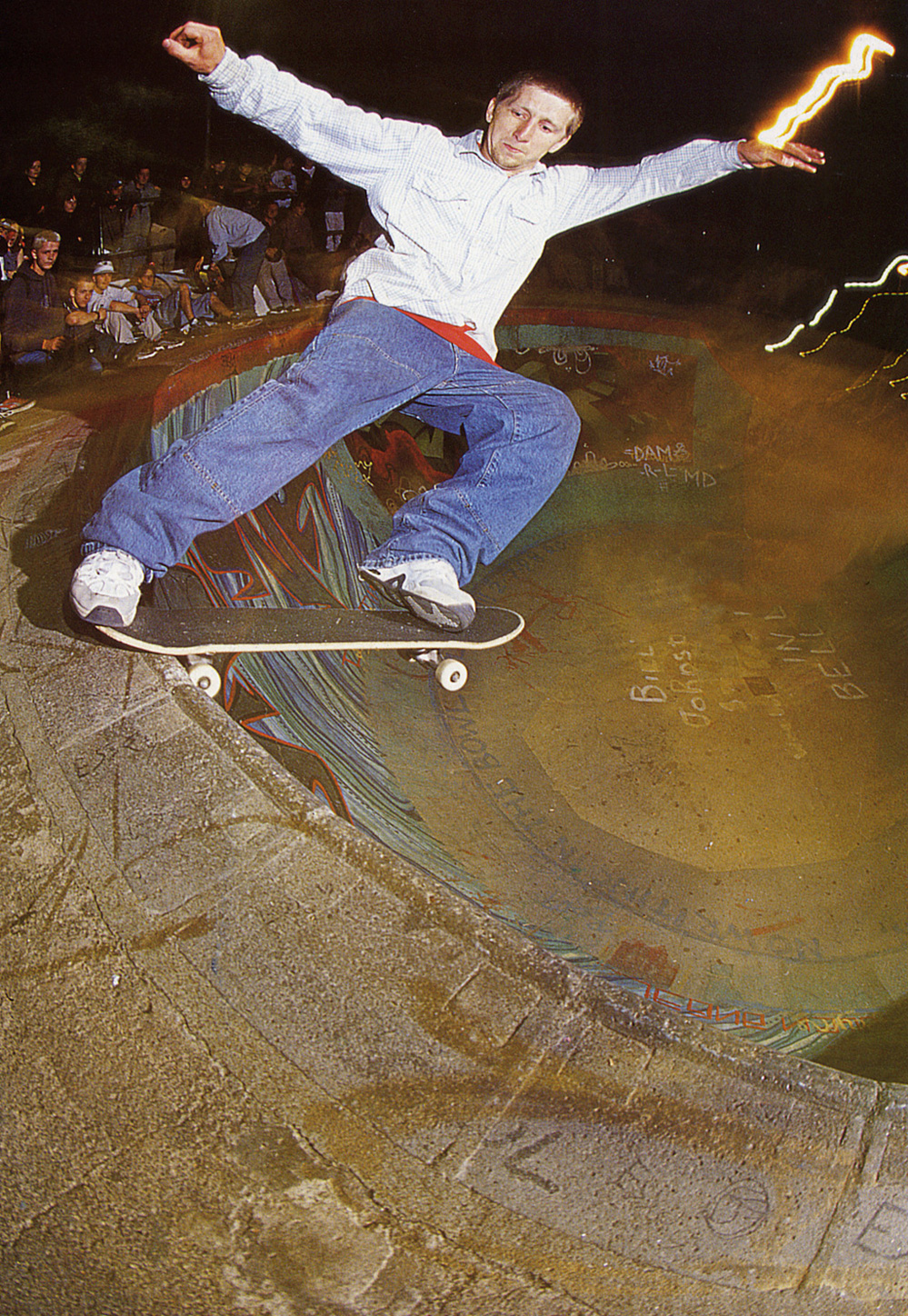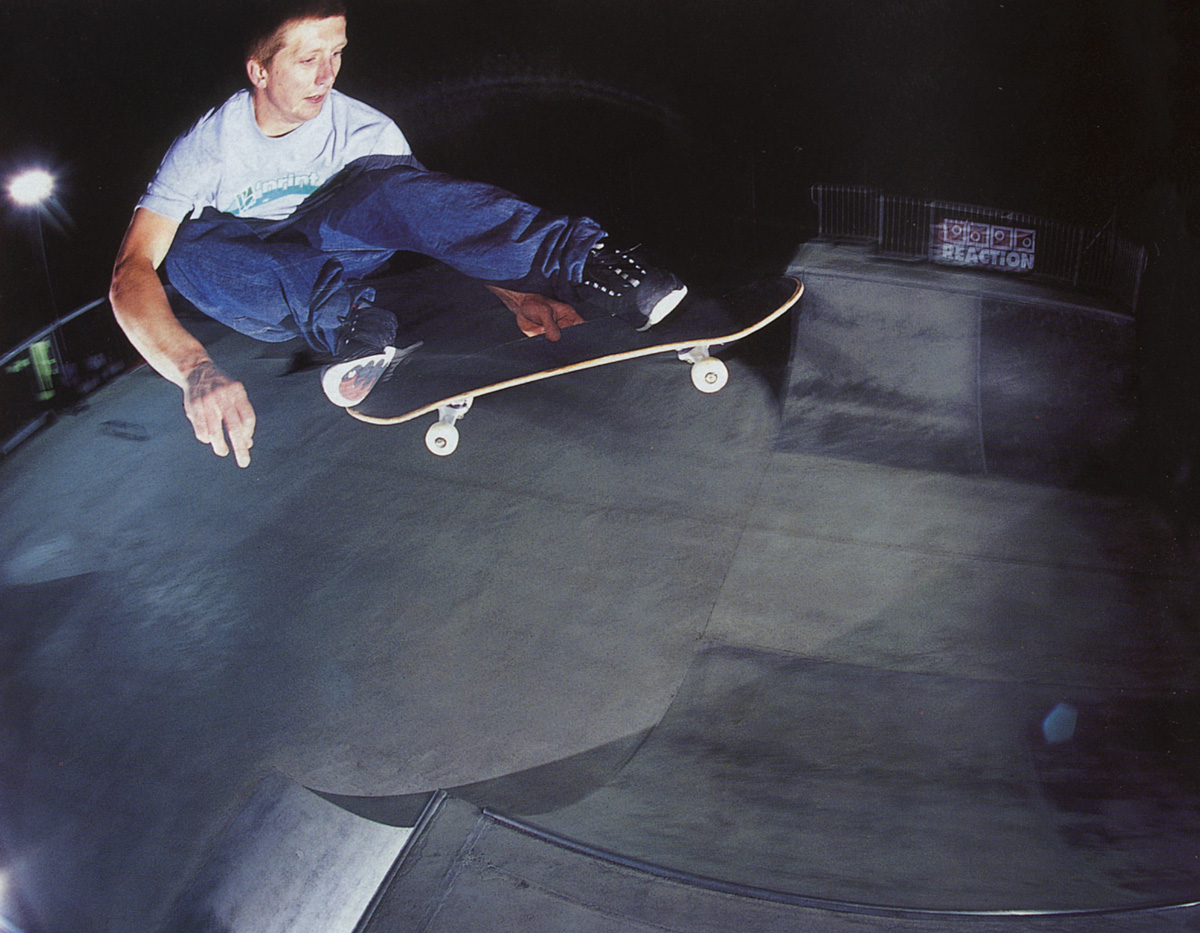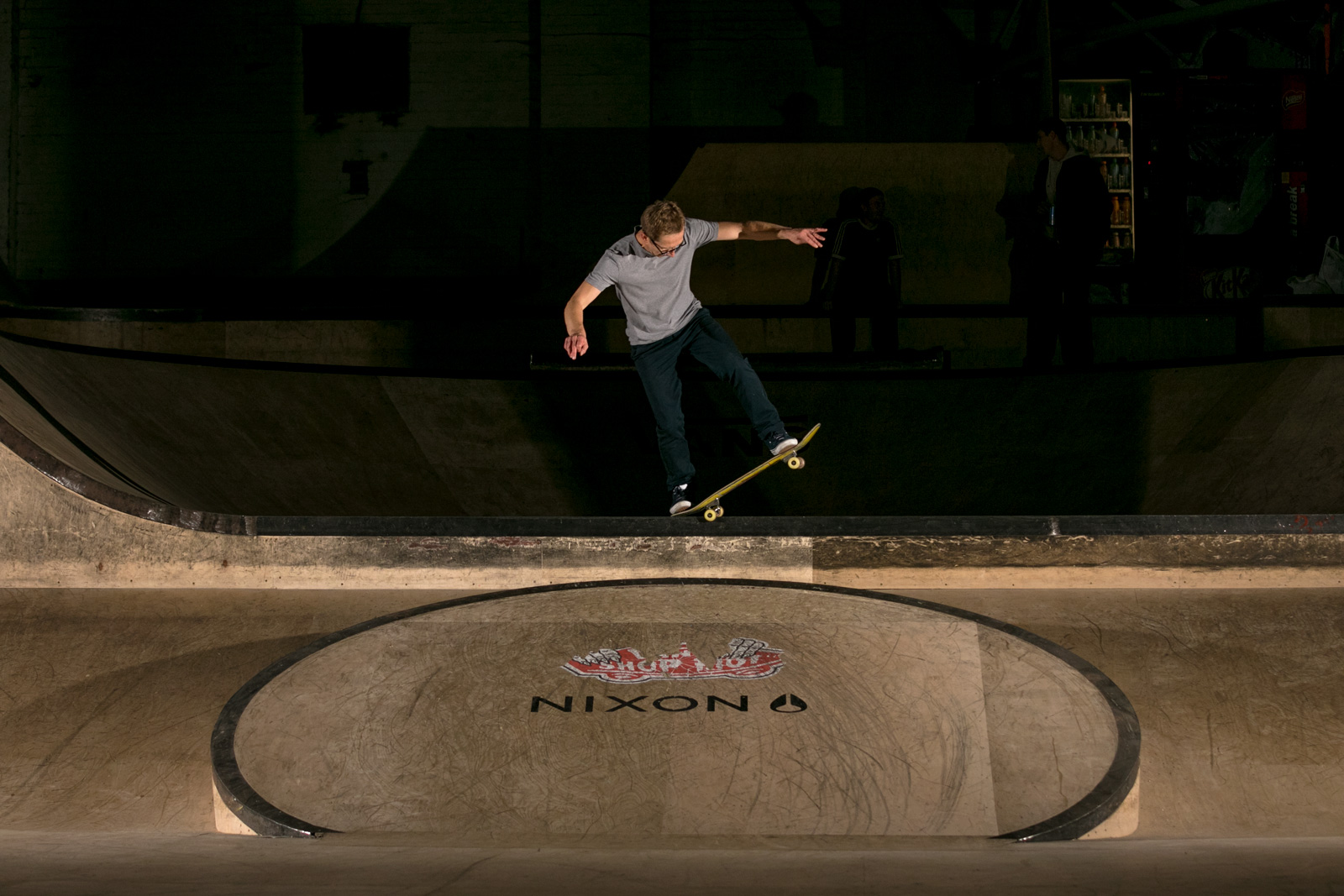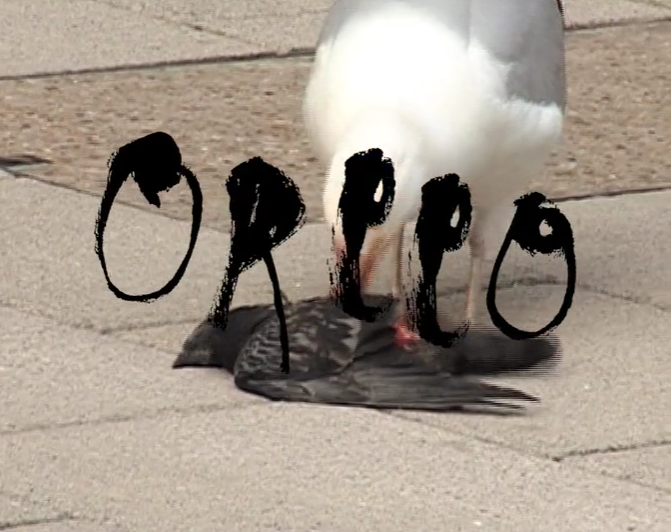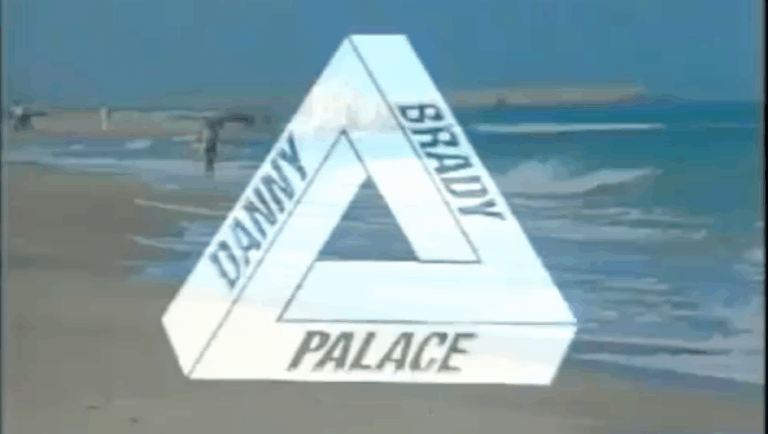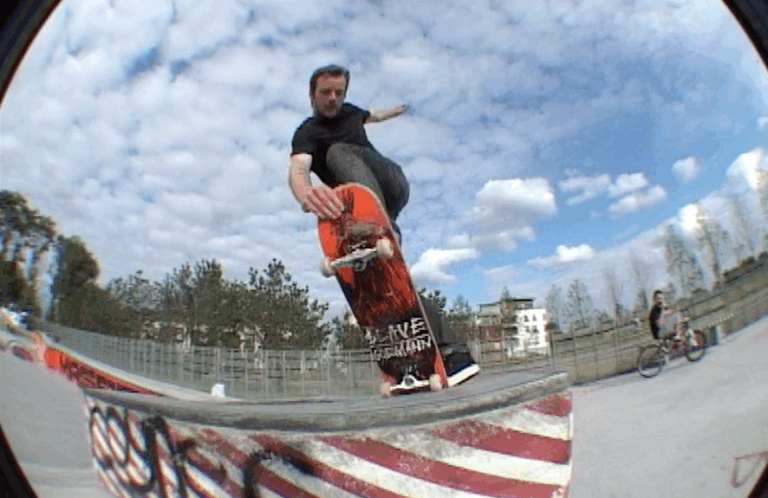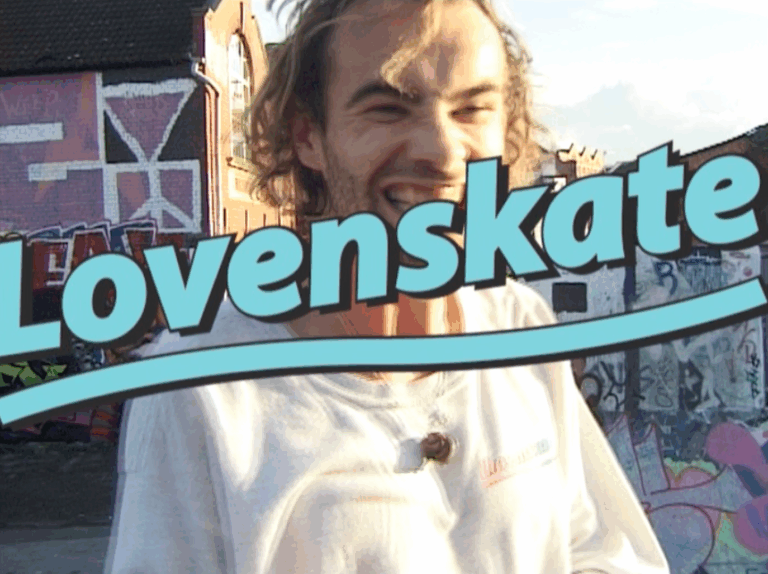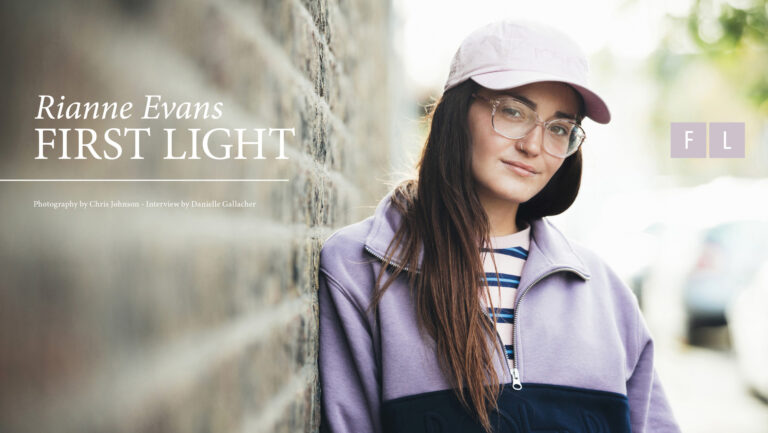Where are they now? Off Radar with Scott Palmer
Who better to start off this new feature looking into what the heads who laid the foundations of today’s UK skateboard scene are up in their post-sponsorship life than Hull’s own Scott Palmer?
Scott is truly one of the most under-stated, modest and genuinely real dudes to ever grace a skateboard.
With breakthrough parts on golden era Blueprint Skateboards videos WFTW and Lost & Found, plus numerous appearances in independent videos such as Neil Chester’s ‘Hating Life’, Big Push edits and a raft of locally-filmed Hull scene videos, Scott’s back catalogue is untouchable. Always full speed, always progressive and, most importantly, always true to his roots and his vision of skateboarding: if you aren’t already a fan of Scott Palmer then you need to do some homework.
Despite retiring from professional skateboarding to pursue a life as a father, Scott still rips and can regularly be seen at Rockcity skatepark in Hull still tearing around at full speed with an alarming level of consistency from a man who, these days, skates purely for the joy of doing it.
With Story Collective dropping their recent Scott Palmer tribute board last week, we headed over to Hull to catch up with him, shoot a few pictures and to sit down and talk about what he’s been up to since dipping out of the pro skateboarding ranks, hear some of his memories of the Blueprint era and basically celebrate one of the UK’s best.
Interview below by Farran Golding, new photos by Horse, archive shots by various artists.
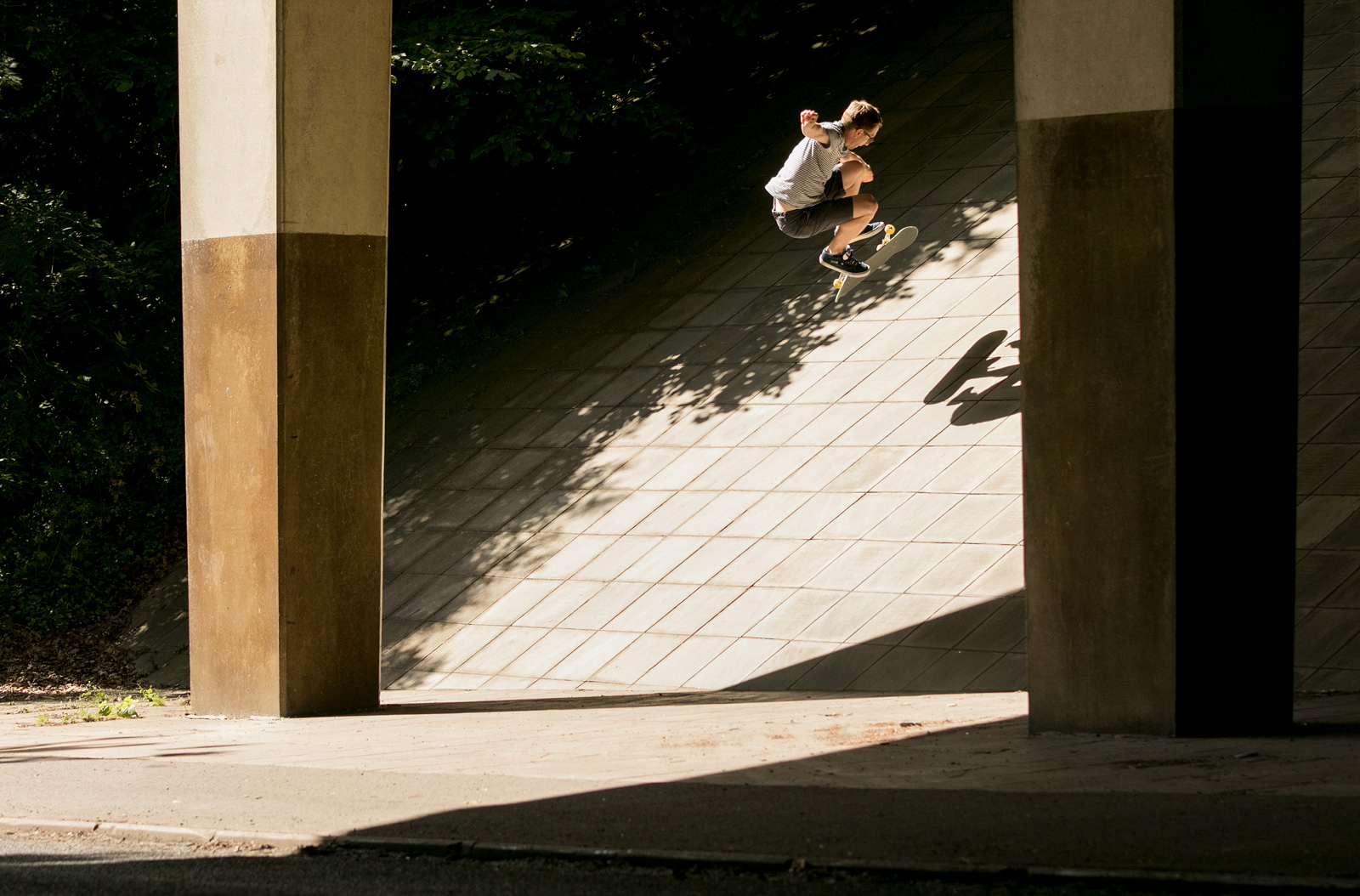
Blindside flip to fakie in Hull earlier this year. Photo: Horse

